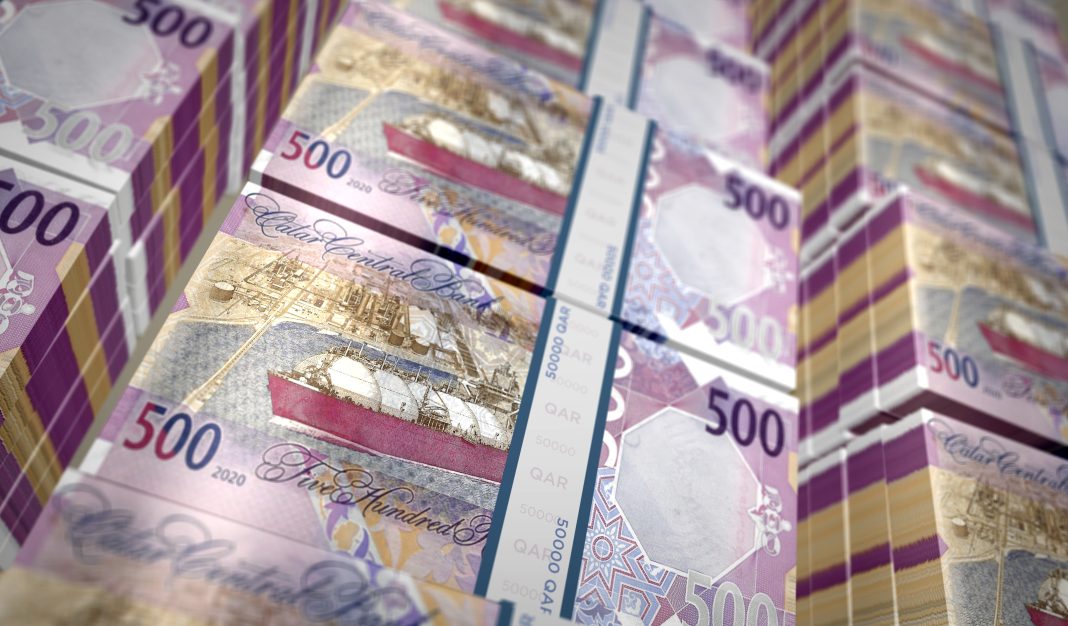Qatar: Qatar’s Finance Ministry has revealed that the country experienced a significant budget surplus in the first quarter of 2023, thanks to substantial oil and gas revenues. Non-oil revenues accounted for the remaining 5.2 billion riyals during this period.
The trade balance for this period was in surplus by 19.7 billion Qatari riyals ($5.4 billion), which corresponds to about 68% of the anticipated budget surplus for the entire year. This figure marks a notable increase of 70% compared to the fourth quarter of 2022, during which there was a profit of 11.6 billion riyals.
Previously, Qatar was expected to record a budget surplus of 29 billion riyals by the end of 2023. These estimates were based on an assumed oil price of USD 65 per barrel. However, the first quarter saw an average oil price of USD 82.2 per barrel. This led to higher revenue and surpassing initial projections.
Furthermore, the Finance Minister, Ali Al-Kuwari, highlighted that the surplus is intended to be allocated towards repaying Qatar’s public debt, bolstering central bank reserves, and increasing the capital of the state’s sovereign wealth fund.
Moreover, a report released by the country’s Planning and Statistics Authority in May reflected a 3.5% increase in the trade surplus compared to March. However, it showed a 35.6% decline on an annual basis.
The value of merchandise imports in April 2023 experienced a decline of 6.3% compared to the previous year and 9.3% compared to the previous month, totaling an estimated 8.7 billion riyals.
Simultaneously, the value of Qatar’s exports of oil, gas, and condensate dropped 33.2% compared to the same period in the previous year.
With Qatar’s substantial oil and gas revenues contributing to a substantial budget surplus in the first quarter of 2023, the nation is well-positioned to maintain its economic stability.







